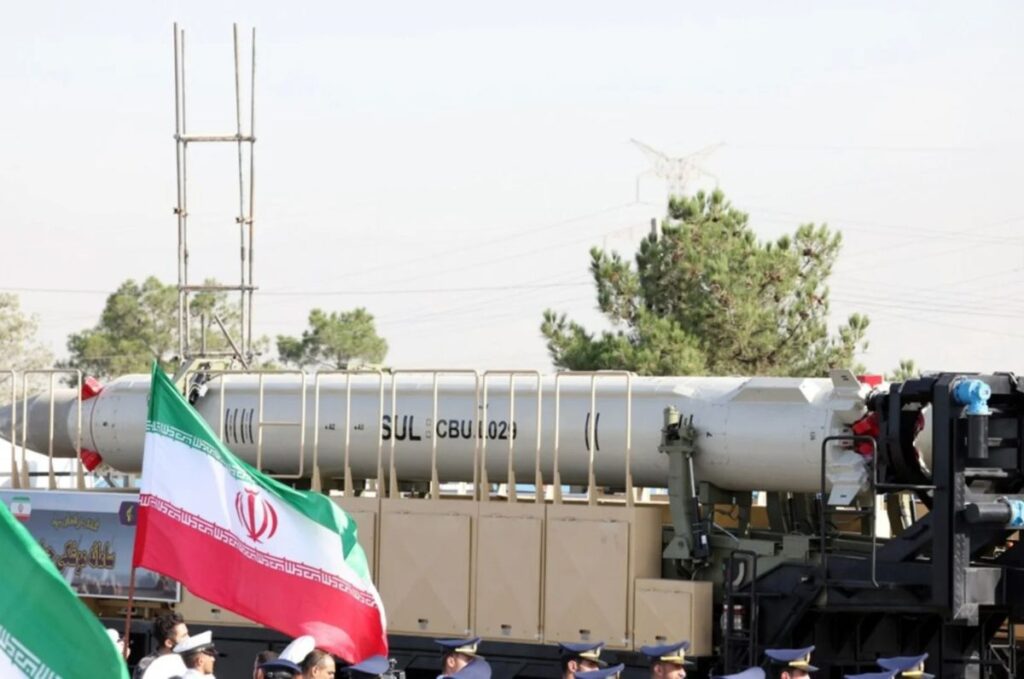Iran Braces for Israel’s Response to Recent Missile Attack Amid Heightened Regional Tensions

Iran is intensifying diplomatic efforts across the Middle East as it anticipates a potential Israeli retaliation following its missile strike on October 1. Tehran’s government has reached out to regional allies in an attempt to de-escalate tensions, fearing that a large-scale Israeli response could severely impact its oil infrastructure and nuclear sites.
Sources suggest Iran’s nervousness stems from uncertainty about whether the United States can convince Israel to refrain from attacking key Iranian assets. The U.S. has been working behind the scenes, urging Israel to adopt a measured response. President Joe Biden, in his recent phone conversation with Israeli Prime Minister Benjamin Netanyahu, emphasized the need for proportional retaliation, discouraging strikes on Iran’s oil and nuclear facilities.
In the region, the Gulf states, including the UAE, Bahrain, and Qatar, have voiced concerns to Washington over the potential ripple effects of an Israeli attack on Iran’s oil fields. Such an event could disrupt global energy markets and worsen environmental conditions across the Middle East.
Meanwhile, Iran’s proxy in Lebanon, Hezbollah, has seen its capabilities diminished by Israeli military actions in recent weeks, further complicating Tehran’s strategic options. As diplomatic efforts continue, the region watches closely, with uncertainty hanging over the scale and timing of Israel’s next move.
